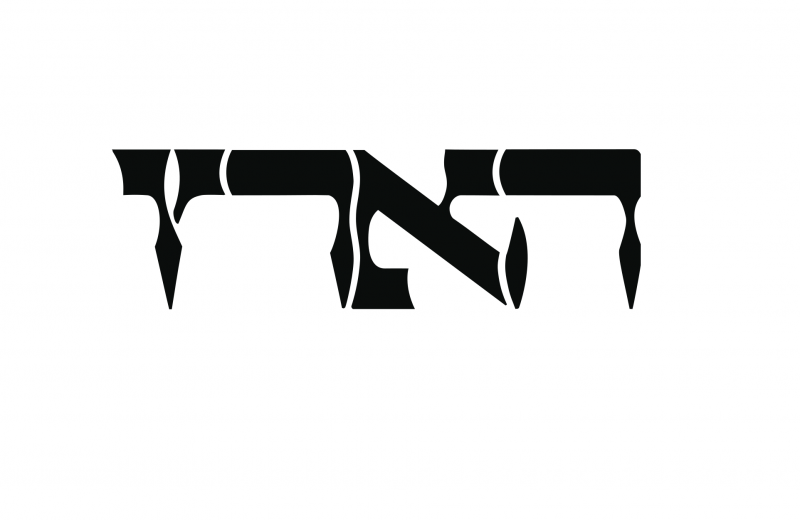 Op-eds
/ The Israeli-Palestinian Peace Process
Op-eds
/ The Israeli-Palestinian Peace Process
The upcoming international conference regarding the Israeli-Palestinian peace process, on January 15th in Paris, comes at a time when hope for progress in the peace process is at a deep low. Add to that the Israeli refusal to participate, and the statement from France itself that that the conference is mainly intended to merely keep the issue on the international agenda, and the result is widespread skepticism regarding the French initiative and its ability to achieve any positive outcomes.
The Paris conference will clearly not be a game-changer on the way to a resolution of the Israeli-Palestinian conflict. However, such international conferences don’t happen often. Therefore, we should assess what opportunities the Paris peace conference does entail, and how – if acted upon – they could bring longer-term benefits to peacemaking efforts.
Make the international community actually follow through
Over the last couple of years, in light of the stagnation in the Israeli-Palestinian peace process, a variety of ideas and initiatives regarding it have been floated by various international actors. The vast majority of them never went past the theoretical stage.
This damages the credibility of the international community, and enables Israelis and Palestinians to easily dismiss and reject such initiatives, most of which weren’t even coordinated with each other (when they weren’t competing with each other). Why should the sides to the conflict take an initiative seriously, if they anticipate that even the party offering the initiative wouldn’t follow through on it?
Therefore, the French decision to convene the conference in Paris as planned, despite the broad skepticism regarding it and despite factors that could have justified a change of plans (i.e. the Trump victory and Israeli rejectionism) is an important signal not only to Israel and the Palestinian Authority, on the official level, but also to Israeli and Palestinian pro-peace civil society groups seeking constructive international steps to advance Israeli-Palestinian conflict resolution.
The Israeli opposition: Challenge Netanyahu’s rejectionism
The negative response by the Israeli government to the French peace initiative from its onset is part of a broader rejectionist trend towards international initiatives to advance the peace process. The Israeli government’s rejection of France’s invitation for a summit with Mahmoud Abbas immediately after the ministerial conference, in contrast to a Palestinian decision to accept the invitation, provides an opportunity for the Israeli opposition.
The Israeli center-left leadership, which refrained until now from challenging Netanyahu on key foreign policy and national security issues, can and should start doing it now. It should emphasize the importance of Israeli engagement with the international community on issues vital for Israel’s future, and it should show appreciation to those in the international community that have not yet given up on the idea of peace, and are willing to invest efforts and political capital in attempts to promote it, despite the political hardships involved.
The Israeli opposition should clearly demand from the government to lift its veto over participation in the Paris meeting.
Advance an international incentive package for peace
The previous Paris peace conference, in June 2016, identified the need to provide Israelis and Palestinians with meaningful incentives to make peace. That very same month, the EU Foreign Affairs Council also acknowledged this, calling for a “global set of incentives” to advance the peace process. However, no significant progress has been made since.
The focus was on economic incentives. But these aren’t the ones that are likely to have much impact. An effective international incentive package should be end-game-oriented (i.e. delivered in return for a final-status agreement, and not for small steps along the way) and should address the collective needs of Israeli and Palestinian societies, rather than only economic and practical needs. It could be based on incentives already presented by international actors (albeit at different time periods and in an uncoordinated manner) – such as in the Arab Peace Initiative, the EU’s Special Privileged Partnership, and US security guarantees for the two-state solution.
The incentives should be updated or improved wherever necessary, packaged together, and introduced as a mega-incentive that enhances the effectiveness of each and every incentive, and make them seem more attractive, feasible, and linked to conflict resolution, in the eyes of Israelis and Palestinians alike. The Paris conference can and should re-emphasize and clarify the very real benefits of resolving the Israeli-Palestinian conflict for both societies.
How to make regional and international involvement effective
In recent years, there’s been a growing understanding that the Israeli-Palestinian peace process requires broader regional and international involvement. However, this has not yet been translated into a concrete new international architecture.
The Quartet was not expanded to include Arab countries. An International Support Group has not been set up. Efforts to bring together a variety of international actors for joint discussions on the peace process did not prove effective.
The Paris conference is a chance to make progress on this, especially in light of the fact that key international actors are not likely to act on their own on the Israeli-Palestinian issue in the coming year. The incoming US administration is likely to have other priorities and preferences, and key European countries – namely Germany, France, and the UK – will be busy in 2017 with elections and/or other domestic affairs.
In order to ensure some continuity in international engagement on the peace process, especially after the UN Security Council resolution and the Kerry speech, the Paris conference should relate to the Kerry parameters, call for the establishment of a new international mechanism and assign it a concrete first task. Such a mechanism could include the US, the EU and the Arab League. Its first assignment could be to submit, within the next few months, a proposal for a genuinely enticing international incentive package for IsraeliPalestinian peace.


